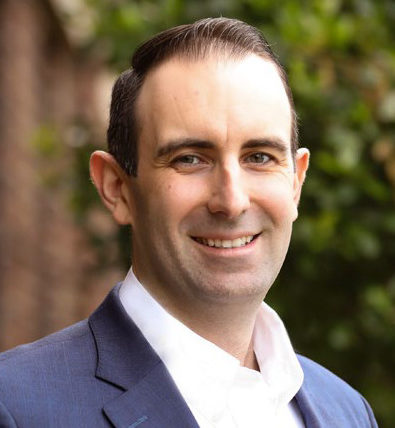
The end of enhanced unemployment benefits could be a boon for home care agencies struggling to hire workers since the pandemic struck early last year.

“We have received calls from a few caregivers wanting to come back to work who were receiving benefits of up to $900 a week because those benefits are ending,” Stephen Rymal, a New Jersey franchise owner for Griswold Home Care, told McKnight’s Home Care Daily on Tuesday.
Enhanced federal unemployment benefits that went into effect 18 months ago ended nationwide over the weekend. Twenty-six states had already ended them earlier this summer. An estimated 9 million people will lose all benefits and another 3 million will see those benefits cut by $300 a month, according to the progressive think tank Century Foundation.
That could push many workers sidelined during the pandemic back into the workforce. In recent months, home care agencies and staffing firms have partly blamed the enhanced benefits for keeping some low-wage workers out of the job market. Still, it might not provide the jolt to employment that some agencies have been anticipating.
Charles McDonough, CEO of Greenville, SC-based Interim Healthcare of the Upstate, told McKnight’s Home Care Daily his firm saw a modest increase in job applicants when South Carolina ended enhanced benefits back in June. But McDonough said the market for talent continues to remain challenging and believes the American Rescue Plan’s Child Tax Credit is the latest barrier to recruitment. It increased the per child annual tax credit from $2,000 to $3,600 for children under the age of 6 and $3,000 for children up to the age of 17.

“This is real cash in workers’ hands that can supplement their income until the new delta variant subsides,” McDonough said.
The Home Care Association of America said the shortage of care workers has reached a crisis, and called on Washington and the public for support.
To address the home care worker shortage, it is “so much more than just one quick fix,” HCAOA Executive Director Vicki Hoak told McKnight’s Home Care Daily in a statement. “It is improved compensation and benefits, career pathways, child care stipends, training, expanding our workforce with reasonable immigration, supporting our family caregivers and improving the public’s perception of professional caregivers who contribute so much to our economy and well-being.”
Help could come soon from the Biden administration’s Build Back Better plan which aims to pump billions of dollars into the care economy by enhancing wages, benefits and training for direct care workers. Congressional committees began marking up and debating portions of the proposed $3.5 trillion reconciliation package last week.
McDonough said home care agencies need to do their part, too, by reinventing themselves to attract workers.
“Pay is one thing,” he said, “but being innovative and competitive in benefits, paid time off, and culture is what we believe will ultimately win the day.”




